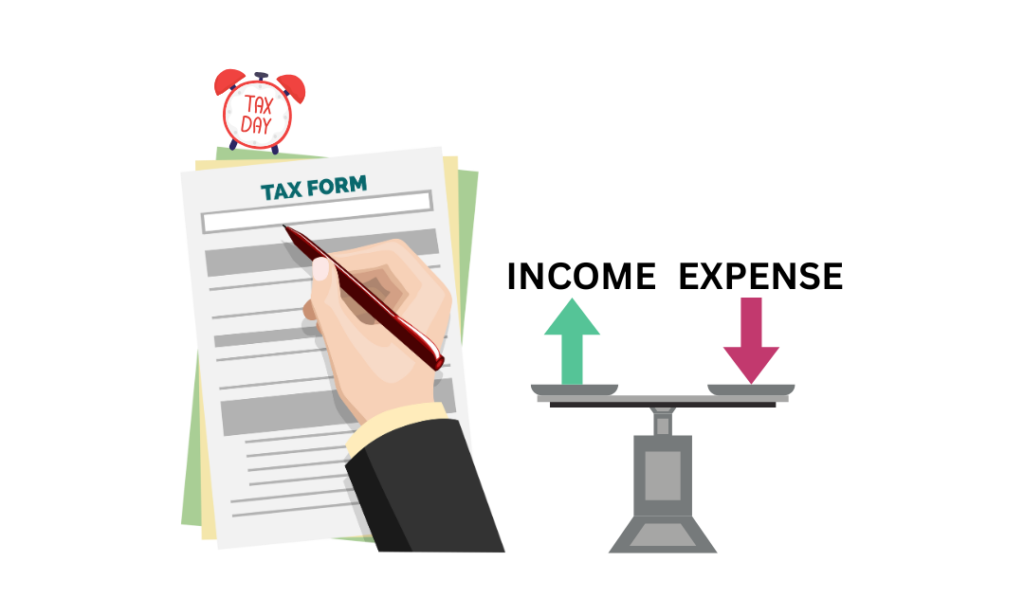As a business owner, understanding your available tax deductions is one of the smartest ways to reduce your taxable income and boost profitability.
Whether you’re a freelancer, consultant, tradesperson, or small business owner, knowing what you can write off — and how to track it — is critical.
1. What Are Business Write-Offs?
A business write-off (or deduction) reduces your taxable income by subtracting qualifying business expenses from your revenue. To qualify, the expense must be both ordinary and necessary for your specific business activity.
- Ordinary: Commonly accepted in your industry
- Necessary: Helpful and appropriate for operating your business
Pro Tip: Even part-time and side businesses can take advantage of many deductions, as long as the business is legitimate.
2. Common Business Expenses You Can Deduct in 2025
- Office Expenses: Rent, utilities, supplies, internet, and repairs
- Marketing & Advertising: Website costs, ads, business cards, content production
- Software Subscriptions: CRMs, accounting apps, email platforms
- Employee Wages & Benefits: Salaries, health benefits, and payroll taxes
- Professional Services: Legal fees, consultants, bookkeeping, and tax prep
- Meals & Entertainment: 50% deductible for client meetings and travel meals
- Travel: Hotel, airfare, mileage, baggage, and taxi/rideshare fees
3. Industry-Specific Write-Off Examples
Every industry has unique deductible expenses. Here are a few tailored examples to make it more relatable:
- Real Estate Agents: MLS fees, signage, mileage to listings/showings, lockboxes
- Freelancers: Laptop upgrades, Adobe Suite, co-working memberships, phone bills
- Trucking/Delivery: Fuel, maintenance, DOT licenses, GPS software, per diem meals
- Construction Contractors: Tools, uniforms, materials, liability insurance
- Health Coaches/Therapists: Telehealth software, scheduling apps, continuing education
4. Vehicle Mileage Deduction (IRS 2025 Rules)
If you use your vehicle for business-related driving, you can deduct the mileage or actual auto expenses. For 2025, the IRS standard mileage rate is:
| Deduction Method | Details |
|---|---|
| Standard Mileage | 67 cents per mile (2025 rate) for business miles only |
| Actual Expenses | Deduct gas, oil, insurance, repairs, depreciation — based on % of business use |
Note: You must keep a detailed mileage log or use a tracking app (e.g., MileIQ, QuickBooks, Everlance).
5. Home Office Deduction
If you use part of your home exclusively for business, you may qualify for the home office deduction. Two methods are available:
- Simplified: $5 per square foot (up to 300 sq. ft.)
- Standard: Deduct a percentage of actual expenses based on office size vs. total home
Important: The space must be used regularly and exclusively for business purposes.
6. Equipment, Software, and Asset Deductions
- Section 179: Deduct the full purchase cost of qualifying assets in the year you buy them (limit: $1,220,000 in 2025)
- Bonus Depreciation: 60% in 2025 — available after Section 179 is maxed out
This is a great way to invest in your business and reduce taxes at the same time.
7. Recordkeeping & Expense Tracking Tips
- Use software like QuickBooks, Wave, or FreshBooks to track every expense
- Scan and store digital receipts
- Use separate bank accounts and credit cards for business
- Keep mileage logs and transaction memos
Let’s Maximize Your Write-Offs — Together
Knowing what to deduct is one thing — using it correctly and legally is another.
We help small businesses nationwide reduce tax liability while staying fully compliant with the IRS.
From vehicle expenses and home offices to asset depreciation and meals — we’ll ensure nothing is left off the table.
Book your free consultation call today to get help from the professionals.
Additional Resources
- IRS: Deducting Business Expenses
- IRS: 2025 Mileage Rates
- IRS: Business Use of Your Home (Publication 587)
- IRS: Form 4562 – Depreciation and Amortization
Frequently Asked Questions (FAQ)
Can I write off my entire car payment?
No. You can only deduct the business-use portion of your vehicle. It must be calculated based on actual mileage or percentage of business use.
What happens if I mix business and personal expenses?
It complicates your records and can lead to IRS issues. Always keep business and personal finances separate to avoid problems.
Can I deduct my internet or phone bill?
Yes, but only the portion used for business. You’ll need to estimate and document your business-use percentage.
What if I work part-time from home?
You may still qualify for a home office deduction, as long as the space is used exclusively and regularly for business.
Can I deduct startup costs?
Yes. You can deduct up to $5,000 in startup expenses in your first year of business. Larger costs can be amortized over time.






